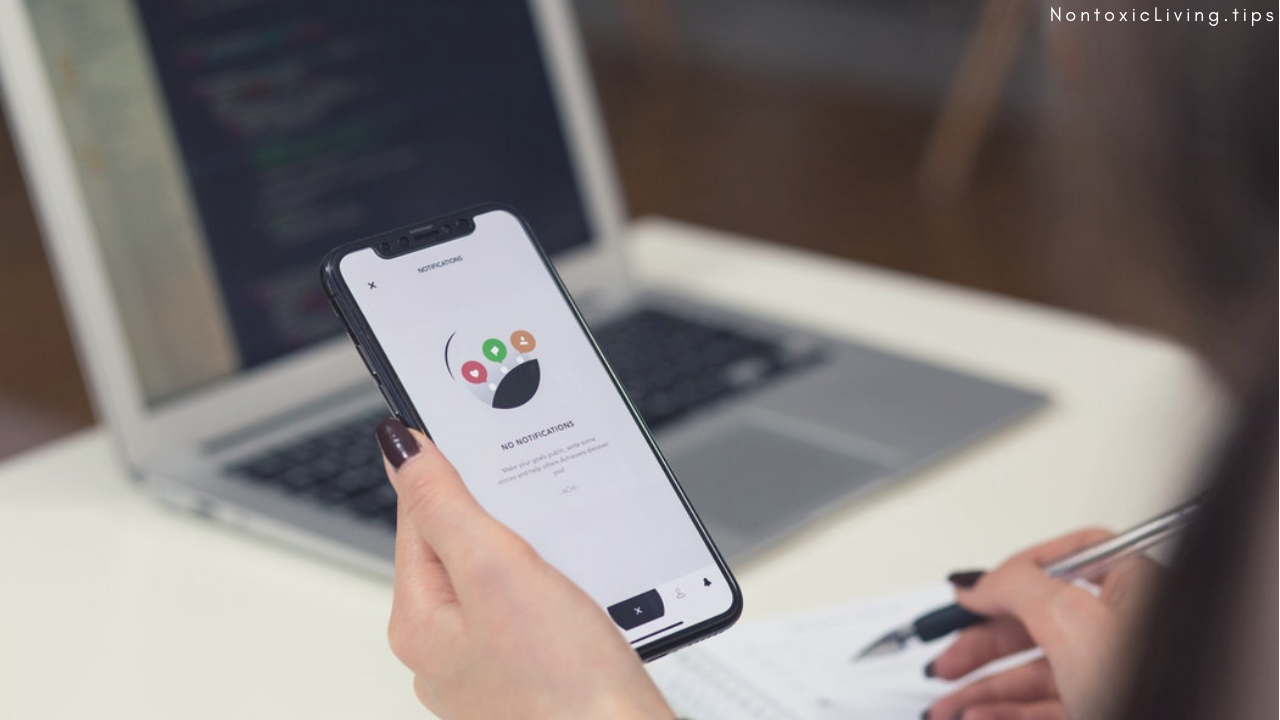
Is Your Child Cheating on Tests With Technology?
Aug 06, 2018by editorial team
According to a 2017 study by McAfee, 47% of students have seen or heard of a student using their mobile phone to cheat on an assignment or a test; and 21% of students admitted to doing it themselves.
What are the consequences of high-tech cheating? And how can you, as a parent, reduce the likelihood that your child will use technology to cheat on their assignments?
How Some Students Use Technology to Cheat
Back in the good old days, cheating on a test usually involved writing some trig formulas on the sole of your shoe or taking a peek at the classmate’s paper.
Technology has changed all of that.
From downloading exam-related information to mobile phones to pasting sections of web articles into essays, technology has given the younger generation many ways to cheat.
Consequences of High-Tech Cheating
The consequences of high-tech cheating are not that different from the consequences of regular cheating.
When you cheat on an exam or an assignment, important skill sets and "knowledge blocks" can remain underdeveloped. Since knowledge blocks provide a foundation from which to learn other things, gaps in knowledge can lead to a weaker foundation for learning future things.
Plus, several studies have found a correlation between academic dishonesty and other behaviors that may lead to trouble, including risky driving, shoplifting, and alcohol abuse. So, if you learn that your child has cheated or is cheating, taking time to understand why, and working with your child to address the root causes of why the cheating occurred may help your child make better choices in general.
Finally, while schools have different policies for dealing with cheating (high-tech or not), potential consequences range from test result nullification to temporary suspension. A school's potential punishment for cheating (and the community's response) can lead to long-held feelings of shame, and may lower a child's feelings of self-worth.
Tips for Parents to Reduce the Likelihood of Cheating with Technology
The 2017 McAfee study found that 31% of US students managed to circumvent their school’s cyber restrictions and access banned content.
That means parents have an opportunity to help children understand the consequences of high-tech cheating. Here’s what you can do to prevent your child from cheating using technology:
1. Talk to your child
In some cases, children don’t know that they are cheating, especially if classmates or friends are cheating.
To help your child be aware of cheating, learn more about how cheating with technology may occur and discuss it with your children whenever you have the natural opportunity, like at dinner. An example of what you can discuss is how to responsibly cite research for papers and presentations. Encourage children to ask questions if they are unsure about something.
2. Ask the school for guidelines
To make sure your child does not accidentally break any rules while writing their research paper, ask the school for guidelines regarding internet research and correctly attributing sources.
3. Stay involved
Ask your child about how they feel school is going, upcoming tests, and stressful classes. These conversations can help you catch red flags ahead of time.
4. Stay calm
If you do find out that your child has been using technology to cheat at school, keep your cool and remember that your goal is to nurture an open dialogue with your child, and to make your child feel that you are someone your child can tell anyone to. Stay calm and gather as much information as you can before reacting. The goal is to understand why your child was cheating, and use this experience to help you and your child learn and grow from it so that it doesn't happen again. It is also an opportunity to help your child fine-tune good judgment.
Final Thoughts
While technology can be helpful with schoolwork, it can also facilitate cheating. Having repeated conversations about the consequences of cheating can help reduce the likelihood that your child will cheat—intentionally or unintentionally.
Stay connected with nontoxic lifestyle news and updates!
Receive our free Ruan Living Nontoxic Cleaning Guide when you join our email list.
Don't worry, your information will not be shared.
We hate SPAM. We will never sell your information, for any reason.







